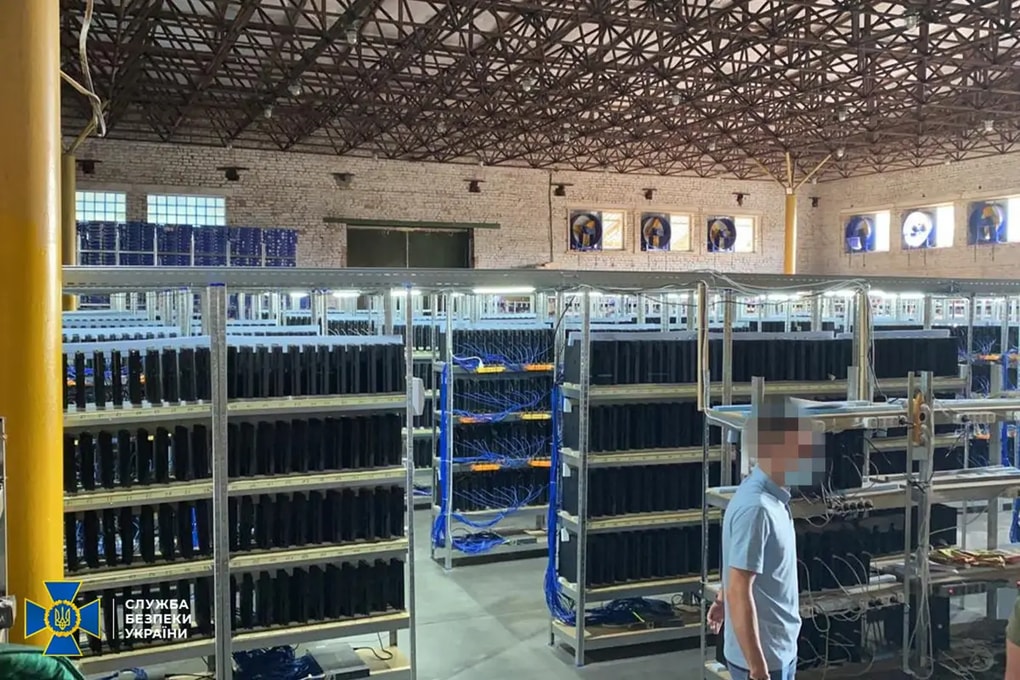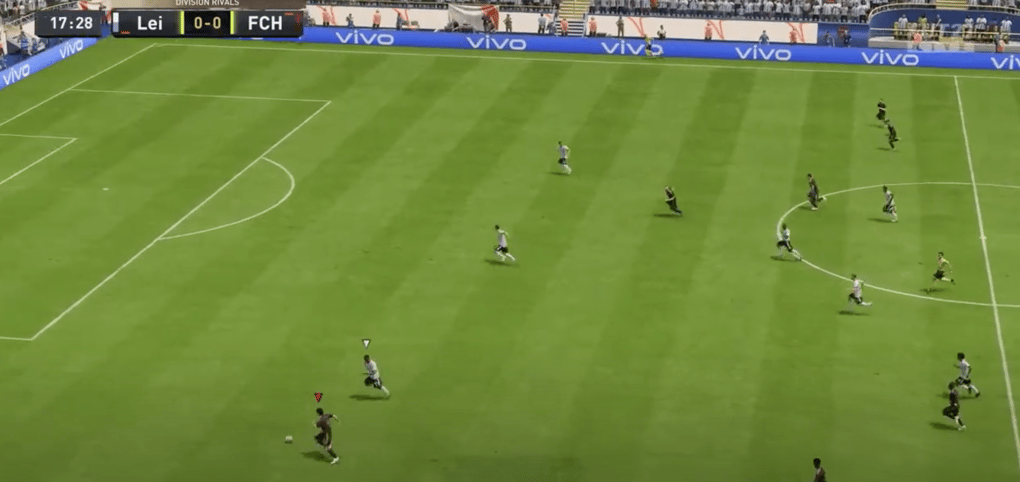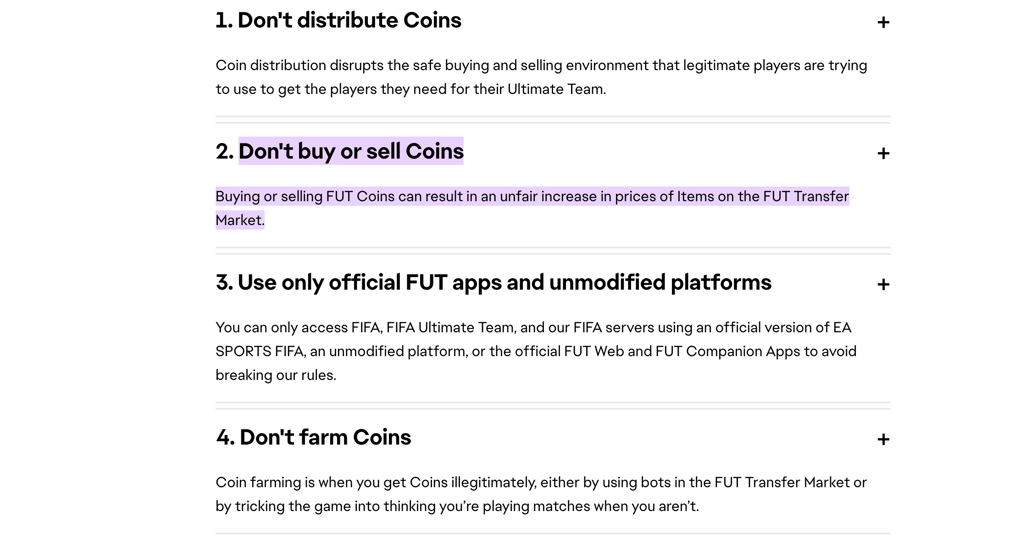- 1. Ukrainian authorities bust huge PS4 farm for illegal FIFA coins.
- 2. 3,800 PS4s were used to farm FIFA Ultimate Team coins. I mean, who needs a job with that many consoles?
- 3. 500 video cards and 50 processors seized. Wow, someone went a bit overboard with their tech shopping!
- 4. Facility pretending to be a cryptocurrency mining venture.
- 5. Accounts with in-game currency are sold on the underground market.
An early morning raid in Vinnytsia, Ukraine, turned up something wild: a warehouse packed with 3,800 PlayStation 4 consoles, each one part of a setup farming FIFA Ultimate Team (FUT) coins nonstop.

Authorities also seized:
- ->500 video cards
- ->50 processors
All were running full blast, with an energy use substantial enough to power a small village, pulling 5-7 Megawatts per hour.

When officers walked in, they were met with rows of consoles neatly lined up, creating a soft electronic hum, as monitors showed looping gameplay controlled by scripts grinding FUT coins.
The operation's intricacy was found through:
- ->Piles of draft documents
- ->Notebooks full of details
- ->Tons of communication devices like phones and flash drives
How FIFA coin farming works & punishments for coin selling
This pictures resembled a scene from a high-tech horror movie, but it was real – a gaming sweatshop on an industrial scale, where what looked like a crypto mining setup was actually a network focused on exploiting FIFA’s virtual economy.
As investigators dug further, they understood how this massive coin farming operation functioned. Each PlayStation 4 was set up to play automated matches non-stop, earning FUT coins at an incredible rate.

These coins were collected into accounts, which were then sold on the black market.
The loaded accounts were in high demand, selling for hundreds to thousands of dollars based on their virtual wealth and rare players.

This operation involved multiple individuals, with authorities following emails and digital trails that showed a large network of buyers and sellers, possibly spanning multiple countries.
The SBU kept quiet about details because the investigation was ongoing, but it appeared to be a good structured organization, similar to a criminal syndicate.
Players around the world, unaware of the origins of their purchases, bought these loaded accounts eagerly, seeking an unfair advantage and willing to spend real money for virtual success.
Buying FIFA coins messes up the game’s economy and can get your account banned. It's better to earn coins by playing the game. But hey, who doesn't love a bit of risk?
This market continued to grow despite being entirely against EA Sports' rules, raising questions about the consequences of buying FIFA coins.

Buying these coins can result in a ban, as it disrupts the game's economy and provides an unfair edge to those who break the rules.

Inside the underground market
Building a dream team without spending hours playing is super tempting. This demand has created a black market where FUT coins are the shady currency, with FIFA analytics firms estimating that this underground market is worth over $200 million a year, indicating the significant scale of this illegal aspect of gaming.
- ->"10% off for first-time buyers"
- ->Loyalty points for regular customers
The smooth customer experience can make these sites seem legitimate, making it difficult for gamers to resist. For instance, a FIFA player named Tim finds a slick, easy-to-use site offering loaded FUT accounts. He purchases a package with Bitcoin, and within hours, his account is filled with coins and star players. We reviewed multiple FIFA coin sites on BetterChecked.
Buying loaded FUT accounts online is easy but risky because you can get banned. It's better to earn coins by playing the game fairly to avoid getting in trouble. Unless you like the excitement of risking it all and losing everything.
In 2023, EA Sports banned over 50,000 accounts as part of its crackdown, demonstrating its efforts to maintain a fair gaming environment.

The ease with which these transactions are conducted poses a significant problem for EA Sports and similar companies, which strive to maintain fair play in their games.
Authorities are currently examining the seized equipment and documents to determine the scope of this network. Each notebook and phone could provide further leads, therefore showing the difficulty of the operation.
Given the global nature of this network, combating these illegal activities necessitates international cooperation and advanced technology.
It is surprising that law enforcement's job is not being made more difficult by these circumstances.
A warning for the gaming community
The boldness and size of this operation highlight the shady parts of virtual economies.
The reality is that international cybercrime drama is far from fun.
As developers and agencies like SBU sift through the digital mess, it becomes clear that new security measures are crucial. Game publishers must boost their virtual defenses and collaborate with global authorities to track and take down these operations.

Developers and law enforcement need to work together to tackle the bad stuff in virtual economies and keep gaming fair. Because, let's be real, nothing says "fun" like a virtual police raid!
This big bust in Ukraine shows how tricky modern cyber economies can be. Making gaming fair and secure is super important, but when real and virtual worlds mix, it brings its own set of problems.
This event serves as a strong warning to all gamers and developers: chasing illegal gains can have serious consequences.
As real and virtual economies blend, we need to keep updating our strategies to ensure fairness, security, and fun for everyone.
The Ukrainian bust shows we need to stay alert and work together to keep virtual economies fair and secure. Gamers should stick to authentic ways to boost their experience. Cheating is just for people who peaked in middle school.
Cheating in a game can have serious repercussions that go beyond the virtual world.


